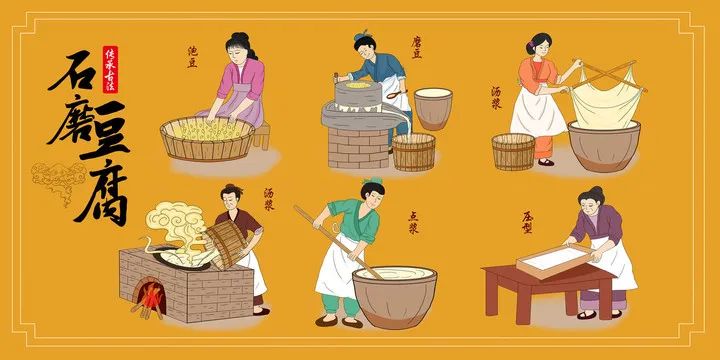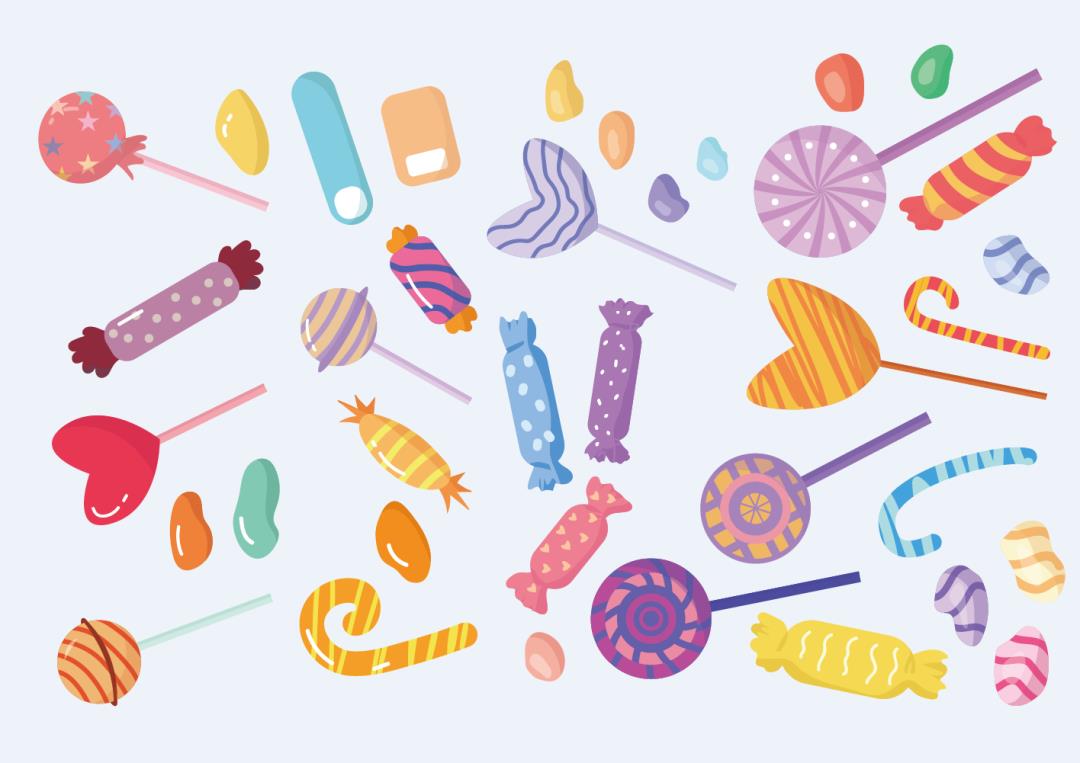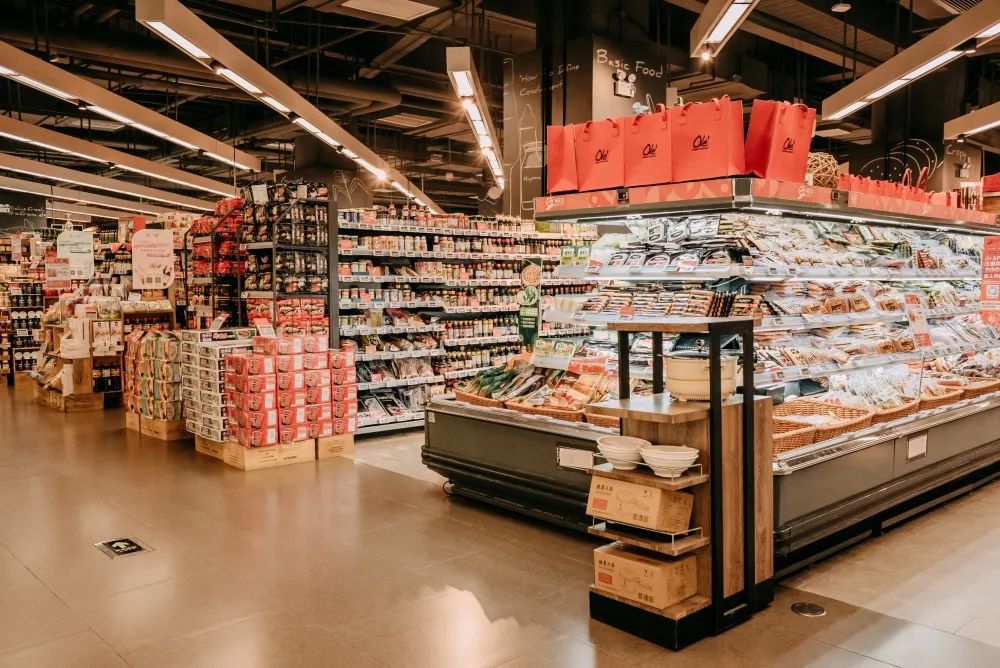Scientific understanding of food additives
The history of human use of food additives is as long as the history of human civilization. The use history of food additives in China can be traced back to Dawenkou culture period 6000 years ago. At that time, invertase (sucrase) in brewing yeast was food additive, belonging to food enzyme preparation. More than 2000 years ago, tofu was ordered with "brine". In essence, brine is a food additive and belongs to food coagulant. Recently, food additives have once again attracted attention. In order to help consumers understand food additives scientifically, the following scientific interpretations are made.


What is a food additive?
Food additives refer to artificial or natural substances added to food to improve the quality, color, aroma and taste of food and to meet the needs of preservation, preservation and processing technology. Food additives can be produced by chemical synthesis, biological fermentation or natural extraction. There are about 15,000 kinds of food additives approved in the world. At present, there are more than 2,300 kinds of food additives approved for use in China, which are divided into 22 categories according to their functions. The common ones are antioxidants, leavening agents, colorants, preservatives, sweeteners and food spices.
The use of food additives improves the quality of products, enriches the types of food, and meets the diversified consumption needs of consumers. Without food additives, there would be no modern food industry.Food additives mainly have the following functions:
one
Maintain or improve the nutritional value of food itself;
2
As an essential ingredient or ingredient in some foods for special dietary uses;
three
Improve the quality and stability of food and improve its sensory characteristics;
four
It is convenient for food production, processing, packaging, transportation or storage.
For example, antioxidants are added to edible oil to delay or hinder the oxidation of oil; Colorants are added to candy to give it a good color.

Rational use of food additives will not affect human health.
In order to protect consumers’ health, the World Health Organization and the Food and Agriculture Organization of the United Nations have set up a special Joint Expert Committee on Food Additives (JECFA), which is responsible for establishing globally unified principles and methods for food safety risk assessment of food additives, and conducting food safety risk assessment of food additives at the international level. Codex Alimentarius Commission (CAC) has established the international standards for the use of food additives (not mandatory). China, as the host country of Codex Alimentarius Commission on International Food Additives, is in line with international standards, and carries out food safety risk assessment of food additives in combination with the actual production and use of domestic food additives and food consumption data of residents.
The current National Standard for Food Safety-Standard for the Use of Food Additives (GB 2760-2014) stipulates the principles of use of food additives, the varieties of food additives allowed to be used, the scope of use and the maximum amount or residue.

The basic requirements that should be met when using food additives mainly include:
01
Should not cause any health hazards to the human body;
02
Food spoilage should not be concealed;
03
We should not cover up the quality defects of food itself or in the process of processing or use food additives for the purpose of doping, adulteration and forgery;
04
The nutritional value of food itself should not be reduced;
05
On the premise of achieving the expected effect, the amount used in food should be reduced as much as possible.
Foods that use food additives should be marked on food labels for consumers to clearly understand their consumption. But,Individual consumers are worried that if food additives are added to a variety of foods they eat every day, will it cause the total amount of a certain food additive to be excessive?Is it safe for children and other people to eat food containing food additives?In fact, the food safety risk assessment of food additives carried out in China when setting the maximum dosage of each food additive will consider the situation that people of different ages, regions and sexes eat a variety of foods a day and eat them for a long time. Therefore, the use of food additives in the specified range and dosage will not cause excessive intake and will not cause harm to human health. China has also carried out continuous and dynamic follow-up evaluation of food additives in use, re-evaluated food additives according to the latest research results at home and abroad, constantly adjusted the scope and dosage of use, and banned the use of some substances.

Food additives are not equal to illegal additives.
In accordance with the provisions of the Food Safety Law, China has established a series of food additives management systems.
01
Before listing
Implement a strict examination and approval system for food additives;
02
Production time
Implement a production license system for food additive manufacturers;
03
When in use
A food safety risk assessment system for food additives has been established, and more than 700 compulsory national food safety standards have been formulated, covering the use regulations, product requirements, production specifications, labeling and inspection methods of food additives.
In addition, the requirements for the production, operation and use of food additives, the corresponding supervision and management system, and the import and export management system of food additives have been established.
Food additives are safe under legal use. Up to now, none of the food safety incidents that have caused harm to human health in China are caused by the legal use of food additives.The illegal acts of "two excesses and one non-violation", such as using food additives beyond the scope and exceeding the limit and adding non-edible substances, are the causes of food safety problems.Melamine is not a food additive in the "melamine" milk powder incident! Sudan red is not a food additive in the "Sudan red duck egg" incident! Formalin is not a food additive in the "poisoned duck blood" incident! It is an illegal additive for food. China’s "Food Safety Law" explicitly prohibits the production and operation of foods that use food additives beyond the scope and beyond the limit; Foods produced with non-food raw materials or foods with chemicals other than food additives and other substances that may endanger human health.Food additives are completely different from illegal additives. Consumers don’t have to avoid food additives deliberately, but should treat them scientifically and rationally.In order to further crack down on the illegal addition of non-edible substances and the abuse of food additives in food production, sales and catering services, a series of special rectifications have been carried out throughout the country. In the past decade, six batches of List of Non-edible Substances and Food Additives that may be added illegally in food have been released one after another. At present, the relevant list is being further improved to ensure the safety of consumers.

Expert writer
Academician of Sun Baoguo China Academy of Engineering, Chairman chinese institute of food science and technology, President of Beijing Technology and Business University.
Cao Yanping Professor, School of Food and Health, Beijing Technology and Business University
Director and researcher of the Standard Third Room of James Zhang Bo National Food Safety Risk Assessment Center.
Dean and Professor, Institute of Science and Technology, East China University of Science and Technology, Zhao Liming